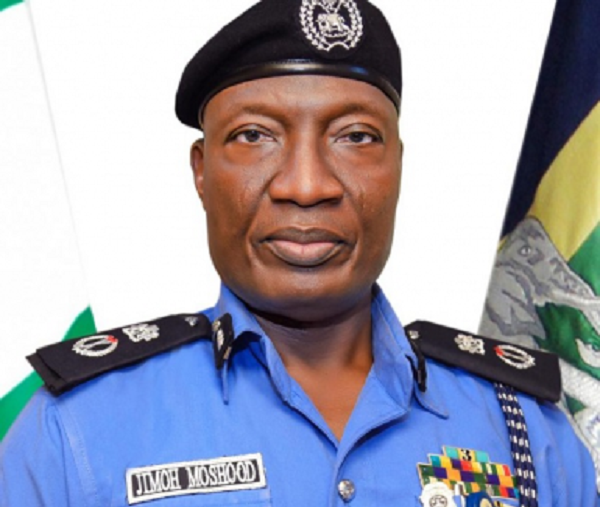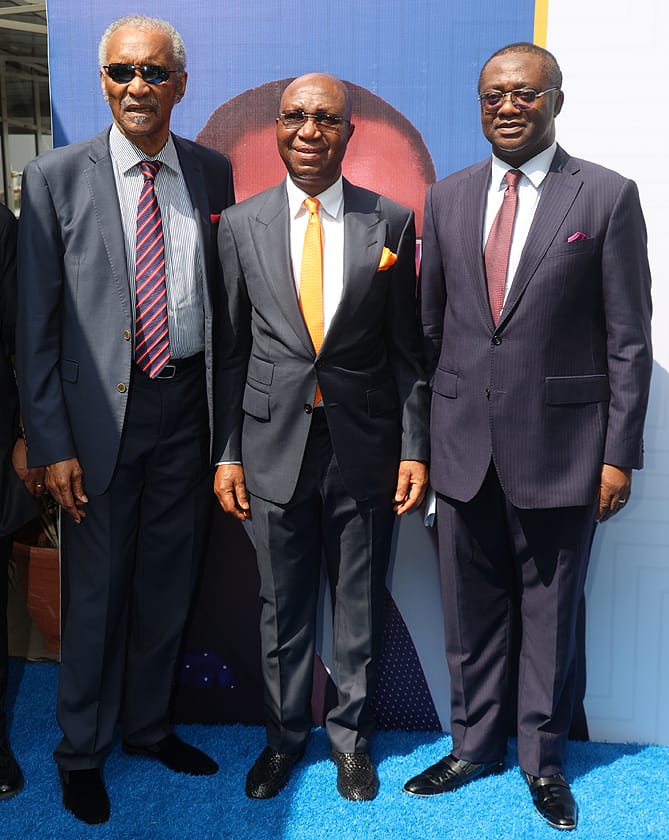— Senior Advocate Blasts NBA Leadership for Abandoning Members in Face of Systemic Injustice
A Senior Advocate of Nigeria (SAN) and public policy analyst, Dr. M. O. Ubani, has delivered a scathing critique of the Nigerian Bar Association (NBA), accusing its leadership of prioritising conferences and ceremonial events while neglecting the core mandate of defending the rights, welfare, and dignity of its members.
In a strongly worded statement titled “Reinventing the Nigerian Bar Association: Urgent Imperatives for Reformative and Caring Leadership,” Ubani declared that the NBA has become disturbingly disconnected from the daily struggles faced by Nigerian lawyers, especially those in the public sector and in private litigation.
“The NBA must move beyond organising conferences and elections,” Ubani said. “What lawyers desperately need now is a Bar that is visible, vocal, and protective — one that is present in the trenches of their professional battles.”
He lamented the continued stagnation in career progression for lawyers in the civil service, pointing out that other professions like medicine and engineering have successfully negotiated better placements and remuneration for their members. In contrast, the NBA, he said, has failed to achieve similar results for its own constituency.
Worse still, Ubani criticised the exclusion of public sector lawyers from contesting for certain NBA positions — a restriction he described as discriminatory and legally indefensible. Citing the Trade Union Act, which protects professional associations, he argued that such exclusions have no place in a democratic and fair-minded professional body.
The problems, however, run deeper. According to Ubani, many lawyers are routinely subjected to institutional indignities in the courts — ranging from arbitrary filing fees and extortion by court staff to punitive actions and near-impossible hurdles in enforcing court judgments.
“These are not isolated complaints,” he noted. “They are systemic failings. Yet, the NBA has remained conspicuously silent, leaving its members to suffer alone.”
Ubani also drew attention to the deteriorating efficiency of the National Industrial Court, once regarded as a model of professionalism. He said delays in filing, serving processes, and assigning cases now rival the dysfunction seen in many state and federal courts, compounding the frustration of litigation lawyers and pushing many into what he called “professional poverty.”
One of the most glaring omissions, he said, is the NBA’s failure to advocate for the inclusion of the Nigerian Law School in the Tertiary Education Trust Fund (TETFund) scheme. While institutions like the Nigerian Defence Academy now benefit from the fund, law school campuses continue to grapple with underfunding and skyrocketing tuition fees. The NBA’s silence, he stressed, is baffling.
But perhaps the most serious concern raised by Ubani is the routine harassment of lawyers by security agencies. He described it as an ongoing violation of the rule of law, citing the frequent arrests and intimidation of legal practitioners while discharging their professional duties.
“It is an insult to the legal profession that lawyers are still barred from entering certain security agencies’ offices with their mobile phones,” Ubani said. “This barbaric and unconstitutional practice must be challenged head-on — and it is the NBA’s duty to lead that charge.”
He also raised alarm over the crippling delays in the appellate courts, particularly the Court of Appeal and the Supreme Court. Cases often remain unheard for six to ten years, a situation that not only undermines justice but also weakens investor confidence and fuels broader economic stagnation.
“How can a lawyer survive when it takes nearly a decade for a case to be listed for hearing?” Ubani queried. “And what becomes of the litigants who die or lose everything in the waiting?”
Despite the grim outlook, Ubani acknowledged recent positive steps taken by the NBA, such as efforts to harmonise fees for property documentation and conveyancing — a move he believes, if properly enforced, could enhance lawyers’ earnings and professional stature.
He also commended the current NBA President, Mazi Afam Osigwe, SAN, for showing early signs of responsive leadership. Osigwe’s first year in office, according to Ubani, has delivered visible improvements and inspired hope among many in the profession. However, Ubani urged him not to rest on his laurels.
“This is not an attempt to diminish the gains made,” he clarified. “It is an urgent appeal to focus on the real battles — the ones that determine the survival and relevance of the legal profession in Nigeria.”
In closing, Ubani called for a radical shift in the NBA’s leadership philosophy — one that moves away from fanfare and bureaucracy, and toward fierce advocacy and hands-on engagement.
“The NBA must stop being a ceremonial body and start being a fighting institution,” he said. “Our profession is under siege — and the time to defend it is now.”






